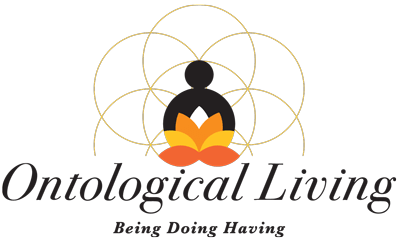Listening will Transform the Planet
Listening is presence and at the heart of Ontological, Mindful, Ecological Coaching.
As toddlers, we learn to speak and to hear what others are saying. As we grow up, we learn to read and write, along with other useful skills. But few of us ever learn one of the most vital skills of all— how to really listen.
To listen, mindfully, takes attention and focus and the rewards are huge: happier marriages and families, better communication at work, fewer misunderstandings between friends and others, calmer and less stressful lives. And another bonus: when you listen well, you become someone other people want to listen to.
Real listening can be learned. Research and books such as The Lost Art of Listening: How Learning to Listen Can Improve Relationships, by Michael Nichols, and Mortimer Adler’s How to Speak, How to Listen agree with these key points on listening:
Anyone can learn to be a mindful listener. While some might be better at this skill than others, listening isn’t about being educated, rich or popular. Men, as well as, women can learn to listen, and some of the best listeners are young children who have the ability to drop everything and focus intently on something or someone.
Listening is active. Many of us think of listening as a passive act, not talking. But real listening requires paying attention, especially to the feelings and moods of the speaker, without getting trapped in the emotions. It also means responding, not in words, but with our facial expressions, head nods and exclamations (“uh huh”) that show we are present and listening.
Listening means being aware of our own meanings and interpretations. To fully listen, we are aware of our own judgments and criticisms… Oh, I would never have done that or he just doesn’t see how he’s making a big mistake. It means ignoring the urge to advise and give suggestions (unless asked) and not trying to “fix” the problem or change the other person. Most people don’t want advice, solutions, criticisms or our own stories—they just want to be heard.
Listening means no defenses. Often, when someone tells us something we don’t want to hear, we shut down. Or we lash out or justify. True listening requires putting aside our emotional responses and the need to defend ourselves. Perhaps we believe the speaker doesn’t have the story right or is being unfair; that’s okay because it’s his story and it’s not about right or wrong, fact or fiction.
Listening is a practice. Mindful listening is a time saver. In a world of distractions and the urge to interrupt with your own great narrative, listening is the gift of the past, present and future, NOW. As author Nichols puts it, “Listening isn’t a need we have; it’s a gift we give.”
“People love to talk, but hate to listen. Listening is not merely not talking, though even that is beyond most of our powers; it means taking a vigorous, human interest in what is told us. You can listen like a blank wall or like a splendid auditorium where every sound comes back fuller and richer.”
Author’s content used under license, © 2008 Claire Communications








